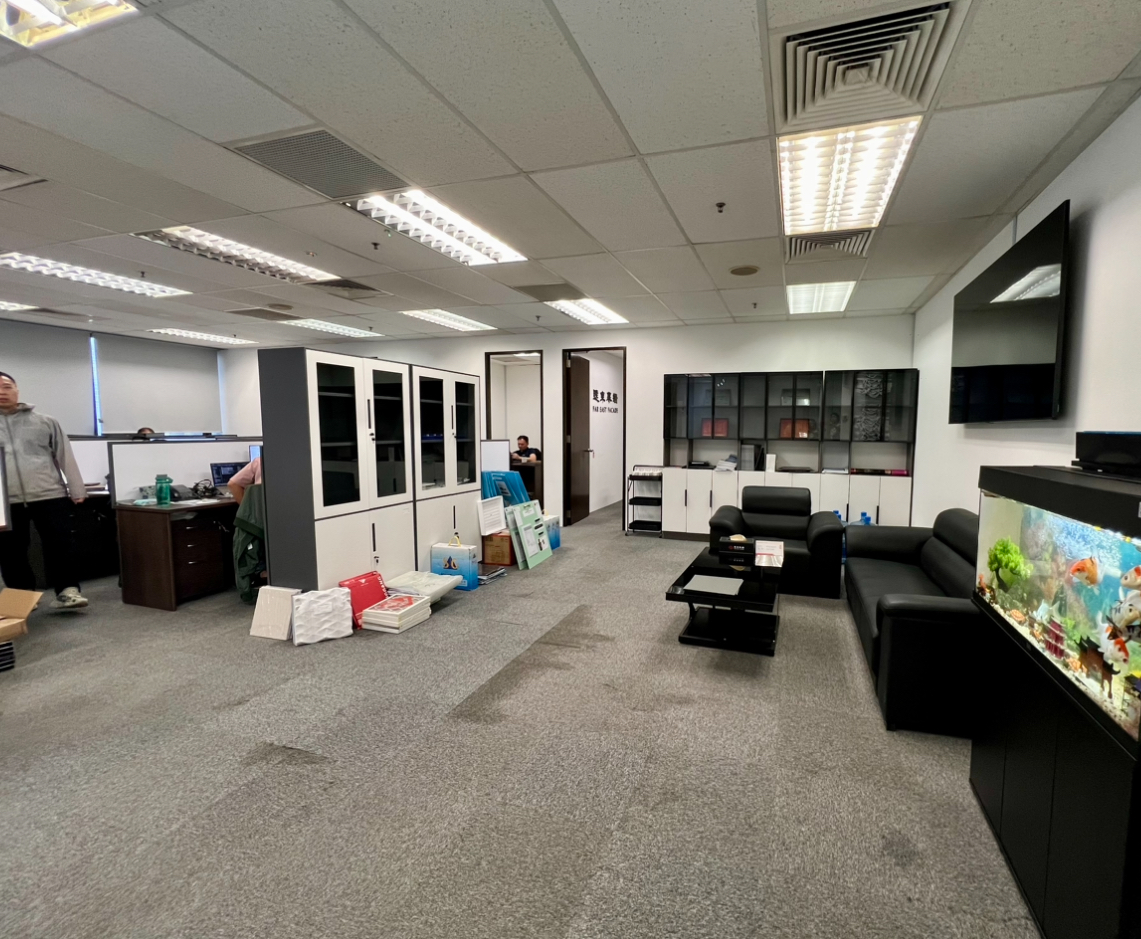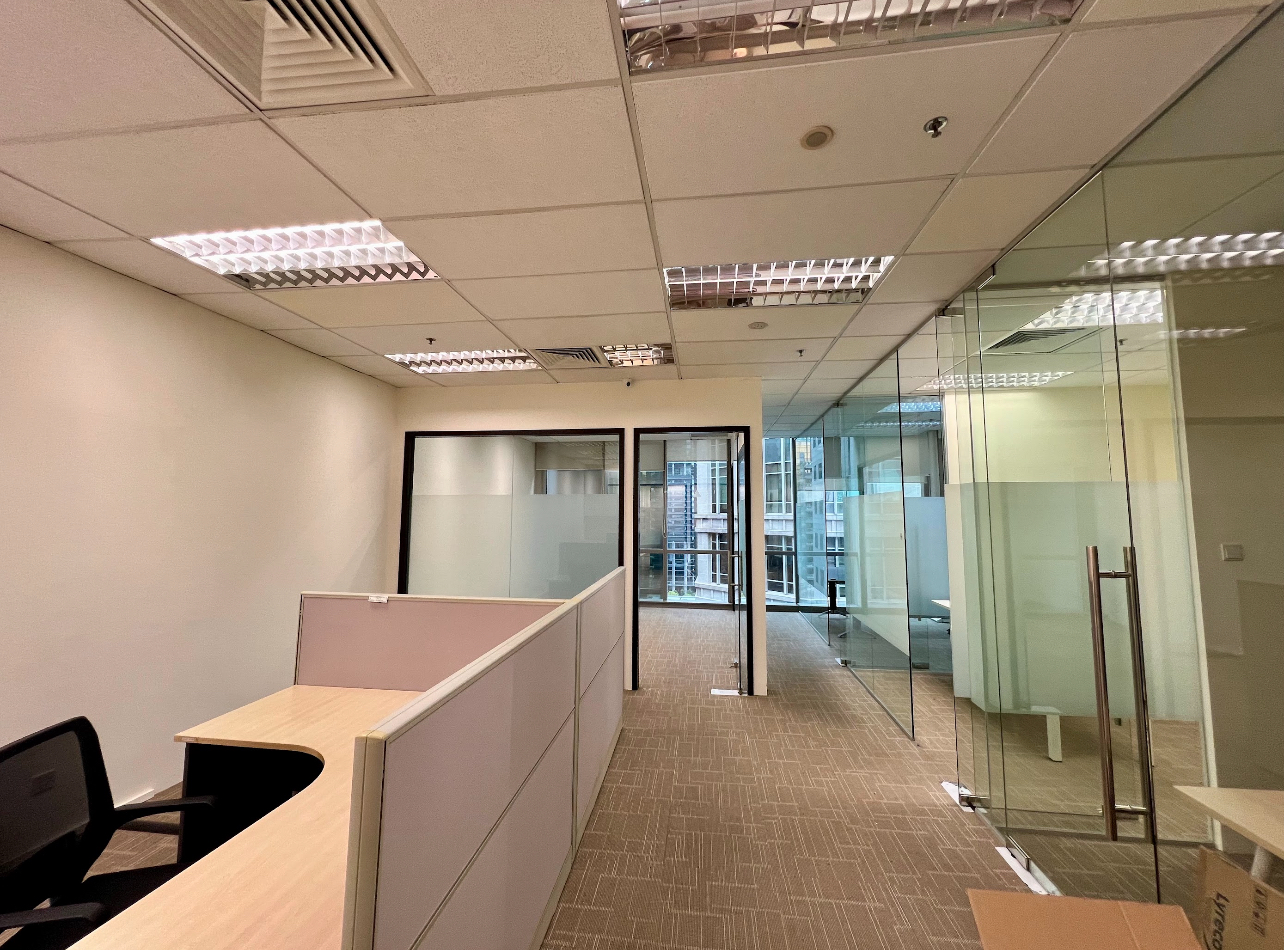Lately, helpful social and emotional skills for better communication were learned from a podcast called “RachReflects.” Today, the aim is to share the gained knowledge. This is useful for people in teams and leaders who work in the community. Sometimes, what’s common sense to one person might not be known to others is overlooked. Each person has their way of understanding things.
Before starting a conversation, it’s essential to choose kind words. Another essential aspect is understanding how others feel, known as empathy. This helps the community work well together. Everyone needs each other, just like no one lives alone on an island. People are required in order to help us grow, do things for us, and show us things we might not see.
Now, let’s learn how to talk in an excellent way and make sure our message is understood.
Three Important Ideas:
1. Know who you’re talking to. Different people need different ways of talking. Think about who
will listen to you. Talking to a boss is not the same as talking to a coworker, primarily if they
work in a different part of the company.
2. Think about how much power someone has compared to you. This matters in how you talk
to them.
3. Pay attention to how they talk and act. What kind of person are they? What do they mean,
and how do they show it with their words and body?

Here are some things workers often ask bosses and how to say them better so you don't sound impolite.
How do we professionally say, I won't be able to stay late to deal with this?
How do we professionally say I'm getting underpaid for what my role has evolved into?
My scope of work has evolved significantly in the last six months. I would love to discuss how we can align our expectations concerning my responsibilities and compensation.
I can't take on any more work right now.
Your micromanaging isn't making this go any faster.
I appreciate your intention to support me. I have all the guidance I need for the moment. And what may be most efficient is if I get on with this and then get back to you once I’ve made significant progress.
How can we professionally say this: "These meetings are unnecessary"?
The way to say this depends on who you’re talking to and your role. If you’re leading the meeting or telling your boss, you might want to consider your approach. During our busy period, as a way to make the best use of everyone’s time, I’ll be sending updates through emails and setting up meetings only for essential questions or decisions. It might sound too direct to say, “We could save time by not having these meetings,” or “This meeting could be an email.” It also varies based on the company’s style. For instance, in young companies like startups where most employees are in their 20s, it’s OK to suggest that some meetings could be replaced with emails.
However, in more traditional, bureaucratic organizations where they’ve been doing things the same way for a long time, it’s better to offer alternatives. For instance, during our busy phase, to be mindful of everyone’s time, we could limit meetings to decision-making and clarifying questions. Updates could be shared via email during this busy period.
How can we say this professionally: "If you had read the whole email, you would know the answer to this"?
The way to say this depends on if it’s your boss or a coworker. Usually, it’s not good to sound sarcastic or passive-aggressive by saying, “If you have read the email, you should know.” A better way might be to mention that the information is in your email. I usually put the essential details at the end of my emails. However, if there’s a better way for you to understand this information, please let me know.
How do we professionally say I have absolutely no idea what you're talking about?
I need more context in this situation.
Please stop micromanaging
Is there a future for me in this company?
How do we professionally say, How many times do I have to follow up with you before I'll get a response?
The workload has become burdensome because additional tasks are consistently assigned as a reward for quality performance.
How do we professionally say these deadlines are impossible to meet?
How do we professionally say, I can't read your mind? Please be more clear on what you want.
I’m eager to understand your expectations better. Could you provide more clarity on your requirements? I’d appreciate having more information to work with. For instance, are there any past examples or case studies of successful work that I could refer to? This would greatly help me gain a clearer idea of your expectations.
How do we professionally say its become clear to me that I'm no longer experiencing growth within this organization, and I'm looking for more challenging roles.
How do we professionally say I do not feel very supported by you as my boss.
How do we professionally say, and how is this relevant to this conversation?
Why do you keep asking for my input but never listen to it?
How do we professionally say stop gossiping and complaining about other team members?

What we’ve learned acts like a framework. It involves not only holding back or expressing ourselves but also finding ways to articulate our thoughts thoughtfully and skillfully. This serves as a helpful reminder to consider two things. Firstly, who we’re talking to, and secondly, choosing the right time to have the conversation – not when they’re busy and rushing. Another essential principle is to first align our intentions. Before offering feedback to my boss or anyone, it’s crucial to set the context. For instance, if we talk about a project that’s significant to us, I’ll clarify some details. I’ll frame it in a way that shows we’re both dedicated to the project. This creates a sense of unity and shared purpose.
Psychologically, this approach conveys collaboration and being on the same page. It’s vital to remember the principle of focusing on intent before content. Before saying the actual content, state your intention. This gives meaning to the conversation. While open and honest communication is crucial, it’s also essential to assess the context of what you’re saying. Transparency in our working relationship matters.
People can sense genuine unity, and sincerity helps soften the impact of our words. Within Asian culture, various forms of mindfulness and face-saving are present. In certain parts of Asia, fear issues are prominent. Therefore, Western strategies like setting boundaries may not always work directly. Choices are abundant, especially in Asian cultures, so it’s essential to be mindful of local norms.













